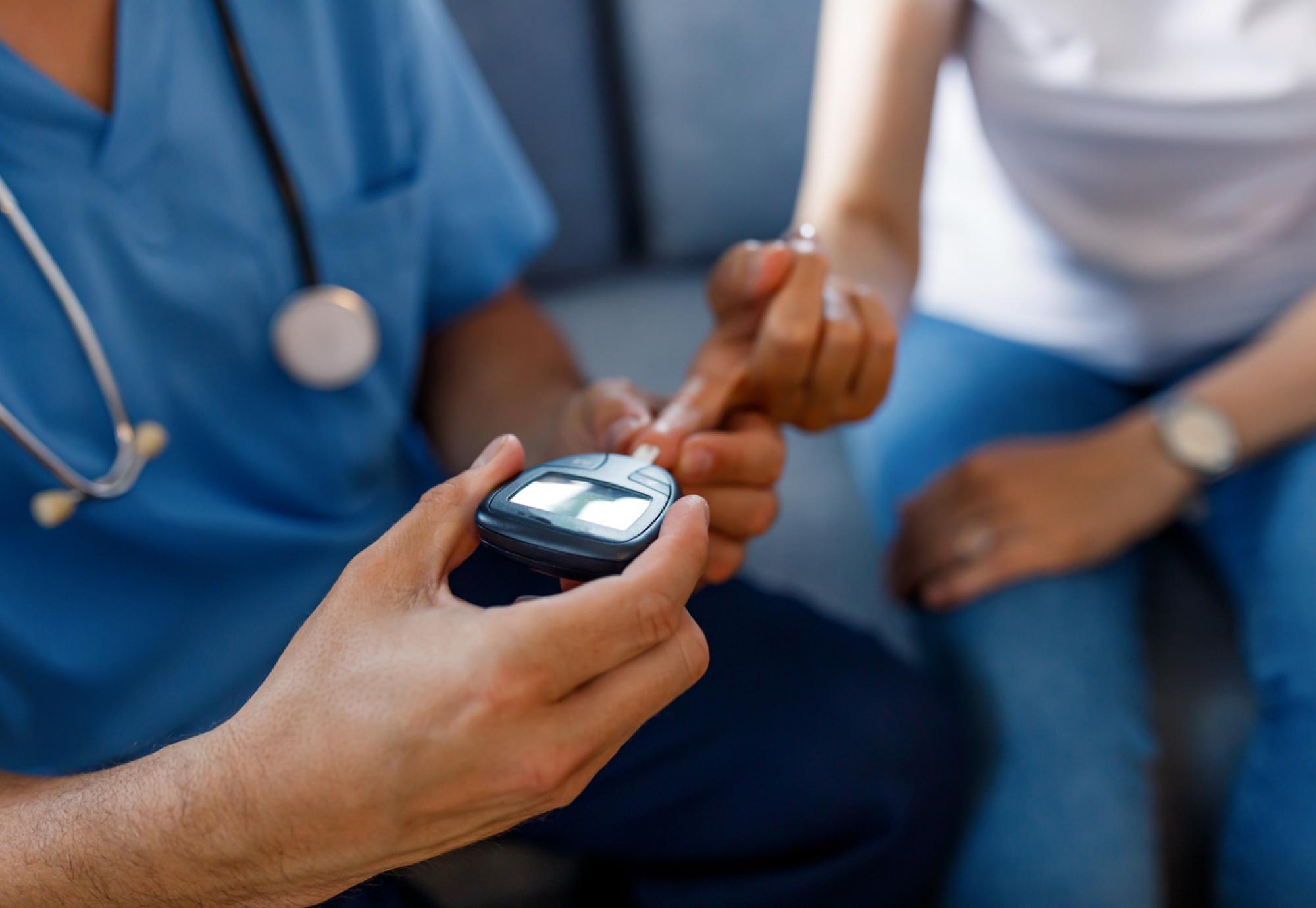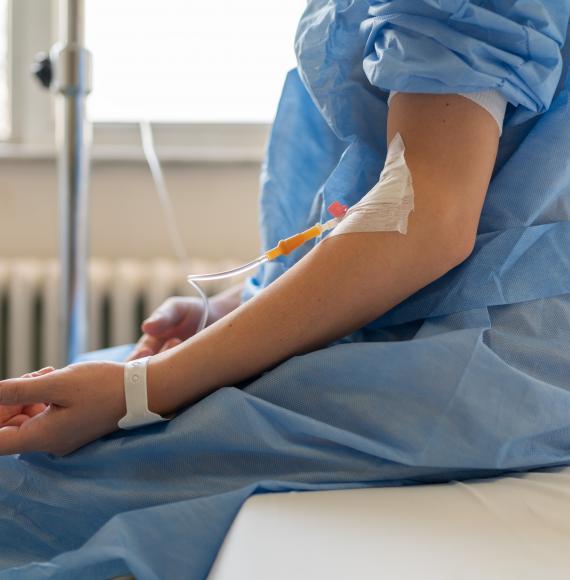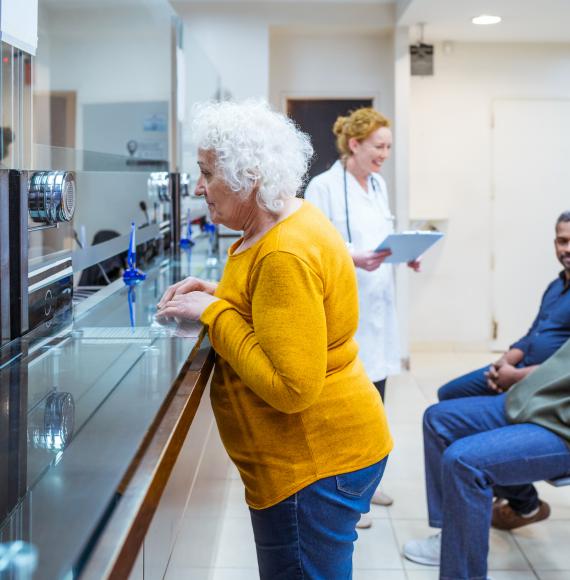Hundreds of children with type 2 diabetes are set to benefit from two “life-changing” technologies, the National Institute for Health and Care Excellence (NICE) has announced.
New guidance from NICE recommends that a selection of children with type 2 diabetes who currently use finger prick testing should use either real-time continuous glucose monitoring devices or intermittently scanned glucose monitoring devices.
This means that, those who currently undergo what has been described as the “burdensome, tiring and stressful” task of finger prick testing, can use these technologies to fully automate the process.
The new recommendations, which are already available for children with type 1 diabetes, work by attaching a sensor to a person’s body, enabling them to actively monitor their condition using real-time data accessed via a smartphone.
The process allows for faster and improvement management – for example, the technologies show people a prediction of where their glucose levels are going, meaning they can pre-emptively inject themselves with insulin and stabilise ahead of time.
Those eligible for the devices include children with type 2 diabetes who:
- Have recurrent or extremely low blood sugar levels;
- Can’t use finger prick testing because of a condition, condition or disability;
- Would need to self-measure at least eight times a day;
- Have impaired blood sugar awareness.
Helen Whately, health minister, said: “Type 2 diabetes is increasingly being diagnosed in children, many of whom face the constant stress of needing to monitor their blood glucose levels by finger prick testing – often multiple times a day – just to stay healthy and avoid complications.
“Offering children glucose monitoring devices will relieve some of this burden on hundreds of children and empower them to manage their condition more easily.”
NHS England’s national specialty advisor for diabetes, Professor Partha Kar OBE, added: "Some of the children and young people with type 2 diabetes often have the most complex needs with a high proportion of them having either a learning disability, special educational need or mental health issue.
"Asking these children to carry out finger prick testing when non-invasive sensors are progressing to become standard care in diabetes is not right, so I am pleased these evidence-based recommendations have been made to offer this life-changing technology to them."



















